78% of employers engage in remote work surveillance, ExpressVPN survey finds

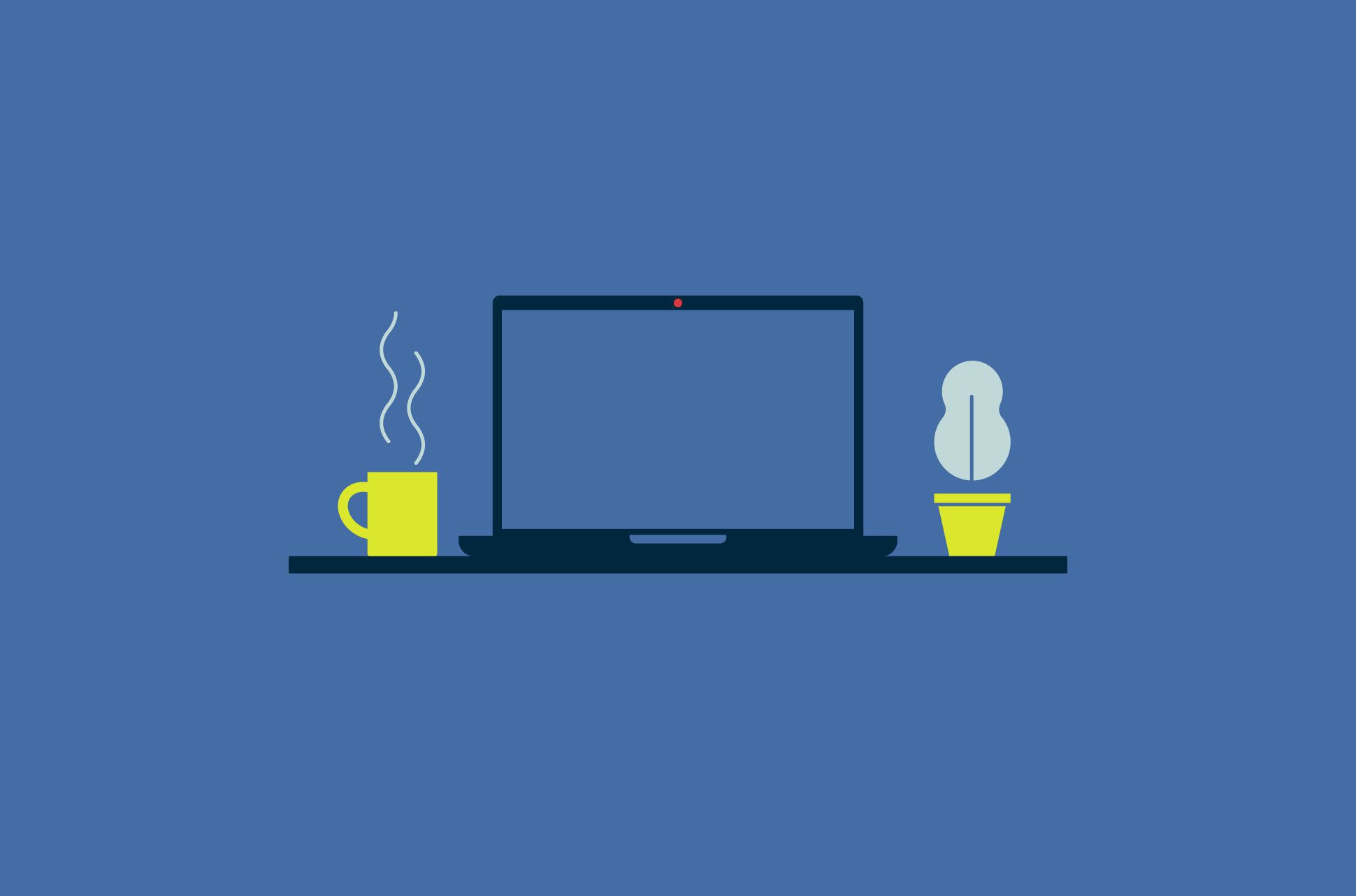
The rise of remote work has been one of the most noticeable and debated phenomena to result from the Covid-19 pandemic. A prime concern among companies is whether employees are as productive while working from home. The need to maintain productivity has in turn led to increased monitoring, in the form of computer software. We took note of this trend and wanted to know just how much of desk workers’ privacy was taking a hit amid this surveillance.
In a study commissioned by ExpressVPN in early 2021, in collaboration with Pollfish, 2,000 employers and 2,000 employees who work in a remote or hybrid capacity were surveyed to reveal the extent of employer surveillance, how it’s impacting employees, and the rate at which it might increase in the future as remote working continues.
Key stats
- Ethical questions: 83% of employers think there are ethical concerns with employee monitoring, yet 78% use monitoring software.
- Employee knowledge: 1 in 3 employees don’t believe their employers are actively monitoring their online activities, and 15% didn’t even know that was possible.
- Employee mental state: The majority (56%) of employees feel stress and anxiety about their employer surveilling their communications. In fact, 41% constantly wonder if they are being watched, and 32% take fewer breaks because of it.
- Privacy over pay: Nearly half (48%) of employees would be willing to reduce their pay if it meant not being subjected to surveillance. In fact, 1 in 4 would take a 25% pay cut.
- Evidence for firing: 41% of employees admit their recorded work calls have evidence that could get them fired. Meanwhile, 37% of employers say they have used stored recordings for firings.
- Reflection on performance: Employers also use stored email, calls, messages, or videos to inform their decisions on performance reviews (73%) and to monitor the potential formation of workers' unions (46%).
Bosses are uneasy about remote workers’ productivity
The biggest driver behind employers’ growing interest in surveillance is their uncertainty and unease about the status of their company and whether employees are doing what needs to be done to maintain overall business performance.
| Response to remote work | % of employers |
| Feel a lack of control over their business | 74% |
| Feel uneasy about remote work because they can’t observe employees in person | 69% |
| Don’t trust their employees to work without digital supervision | 59% |
| Don’t trust their employees to work without in-person supervision | 57% |
3 in 4 bosses and/or executives are surveilling staff
Surveillance of employees has been rapidly increasing in recent months, likely due to the many companies that are implementing long-term work-from-home policies.
- 78% report using employee monitoring software to track employee performance and/or online activity
- 57% implemented employee monitoring software in the last 6 months
- 90% actively track time spent by employees doing work vs. other activities unrelated to work
- 46% say they’ve terminated an employee based on information collected related to their remote work
- 73% say stored recordings of staff’s calls, emails, or messages have informed an employee’s performance reviews
Channels of communication that are regularly being recorded and stored
| Form of communication | % recorded and stored |
| 94% | |
| Calls | 87% |
| Video | 87% |
| Messages | 85% |
People who can access stored recordings
| Personnel | % given access |
| Boss/senior executive | 68% |
| IT department | 47% |
| Host of meeting/chat | 32% |
| Everyone in the company | 13% |
Employees may be unknowingly putting themselves at risk
There is a significant gap between what employers are actively monitoring and what employees think their employers are monitoring, indicating many are woefully unaware of its true extent, which could be putting them at risk.
Here’s what employees said about about being monitored:
- 81% of employees are using one or more employer-provided device
- 53% of employees know their employer is actively monitoring their communication and online activities
- 1 in 6 employees weren’t aware it was possible for employers to monitor their communication and/or online activities
Employer surveillance activities
| Type of monitoring | % of employers |
| Websites visited / time spent on various websites | 66% |
| Apps used / time spent on apps | 53% |
| Real-time screen monitoring | 53% |
| Periodic screen capture | 33% |
| Active work hours / log times | 46% |
| Productive vs. unproductive hours logged | 31% |
| Chats / messaging logs | 30% |
| Monitoring / access to computer files | 27% |
| Inbound and outbound emails | 23% |
| Transcribed calls | 22% |
Surveillance activities suspected by employees
| Type of monitoring | % of employees |
| Websites visited / time spent on various websites | 34% |
| Apps used / time spent on apps | 21% |
| Real-time screen monitoring | 19% |
| Periodic screen capture | 12% |
| Active work hours / log times | 47% |
| Productive vs. unproductive hours logged | 29% |
| Chats / messaging logs | 33% |
| Monitoring / access to computer files | 28% |
| Inbound and outbound emails | 37% |
| Transcribed calls | 12% |
Activities employees consider embarrassing
One in three have used their work computer for purposes that they’d find embarrassing should their employer find out. Here's what activities survey respondents find embarrassing if their employers had access to them.
| Activity | % of employees |
| Chats / messages with personal friends and/or significant other | 43% |
| Google searches around potentially embarrassing bodily functions and/or medical topics | 42% |
| Chats / messages with co-workers | 41% |
| Visiting job application websites | 40% |
| Google searches around love life | 37% |
| Visiting inappropriate sites | 30% |
Employees say surveillance is a violation of trust and a source of additional stress
While many employers say these surveillance practices are a way to keep employees' work quantity and quality up, many employees are experiencing negative psychological effects, including feeling more stressed, unappreciated, and resentful.
In our survey, 59% report feeling stress and/or anxiety about their employer surveilling their online activity
Top reasons why employees feel stress and/or anxiety due to workplace surveillance
| Reason | % of employees |
| Constantly wondering whether they’re being watched | 41% |
| Feel more pressure to be actively online than doing actual productive work | 38% |
| Feel pressure to work longer hours in general | 36% |
| Feel pressure to work more and/or an equal amount of time as my colleagues | 36% |
| Take fewer breaks throughout the day | 32% |
| Feel dehumanized as a result of workplace surveillance | 20% |
In terms of the negative messages monitoring sends to employees:
- 43% say it’s a violation of trust
- 28% say it makes them feel unappreciated
- 26% say it makes them feel resentment
Insight into employees’ feelings about surveillance in the workplace
We asked employees to tell us in their own words how monitoring by their employer makes them feel. Here are a few things they said:
"I'm an adult and I am a professional with advanced degrees. I get my work done and I do so timely. I am not a child, I do not need to be tracked or monitored to get my job done. I would not appreciate being treated like a child."
"It’s micro-management. As long as my productivity is acceptable and my work is getting done, it shouldn’t matter how i pass the time while waiting for an active job to pick up."
"I think knowing you’re being watched and monitored is bound to make any situation less enjoyable and more stressful. I work hard for my company and that wouldn’t seem fair."
Ways employees are bypassing work-related tracking and/or monitoring tools
| Method | % of employees |
| Pretended to be online while actually doing non-work activities (e.g., watching Netflix) | 49% |
| Used anti-surveillance software | 31% |
| Researched hacks to fake online activity | 25% |
Employers considering implementing surveillance practices may be surprised by the pushback
For the many employers who are considering employee monitoring but have yet to implement them, it’s important to note that there is a high level of dissatisfaction from employees at the prospect of being monitored by their employer. Some would even change their job and/or income to avoid it.
These figures don’t bode well for worker happiness and retention:
- 59% of employers say they’re very or somewhat likely to implement monitoring software in the future
- 21% say they’re unlikely to inform staff if they proceed with implementing monitoring software
- 54% say they’re likely to quit if their boss and/or employer implements surveillance measures
- 1 in 4 would be willing to cut their pay by 25% of more to avoid surveillance
Employers reflect on workplace monitoring
Despite the frequency of employers surveilling their employees, many are still aware that it poses both ethical dilemmas and trust issues that could put employer/employee relations at risk. Yet for employers, there are split feelings as to whether those concerns outweigh the benefits. We asked employers to tell us their thoughts on employee monitoring, and here are a few things they said.
Employers who are pro-monitoring of workers:
“I think it's helpful to know that there are still expectations, whether you are in person or remote.”
“To ensure that work is running properly...also the feeling of monitoring drives employees to work better.”
“I think that sometimes employees try their best but they do need to be monitored to make sure that they don't do things that are against their own best interest or the best interest of the company.”
Employers who are anti-monitoring of workers:
“I feel it would erode my employee’s feeling that I believe in them. That trust is critical in building a strong team.”
“If you cannot trust your employees to do what they’re supposed to do, they no longer need to be your employees.”
“I think it comes from a place of paranoia and need for control amongst employers and has a negative effect on staff morale. It’s too oppressive for my style of running a business.”
“Part of our culture is ownership mentality. If employees are delivering results, the time they spend doing it matters less.”
Final takeaway
Overall, the results of the study indicate that surveillance in the workplace may do more harm than good, potentially leading to a rise in disgruntled employees who don’t feel their employers respect their work ethic and personal boundaries.
Some employees would go as far as leaving their positions for another job should their employer decide to implement such practices, demonstrating the extent to which surveillance practices could damage businesses. Meanwhile, the sense of personal privacy and well-being might also decline among workers.
Ultimately, the future of the growing long-term remote workforce is still unclear, but both employers and their employees need to be informed and use discretion when deciding how to move forward in a way that’s beneficial for both their business and their remote workforce.
Learn more: How a VPN protects your online privacy
FAQ: About employee monitoring
What is employee monitoring software?
Employee monitoring software could be as detailed as tracking every action by an employee, such as websites visited, keystrokes typed, all email and chat communications—even taking screenshots. Some simpler types use time tracking to record the time spent on various activities.
How to detect employee monitoring software?
Does employee monitoring increase productivity?
Is employee monitoring legal?
In the EU and UK, laws require employers to have a legal basis for monitoring, such as it being necessary for the employer’s legitimate interests or to comply with a legal obligation; notify employees of the tracking taking place and its purpose; and undertake data protection impact assessments to minimize data protection risks.
Take the first step to protect yourself online. Try ExpressVPN risk-free.
Get ExpressVPN
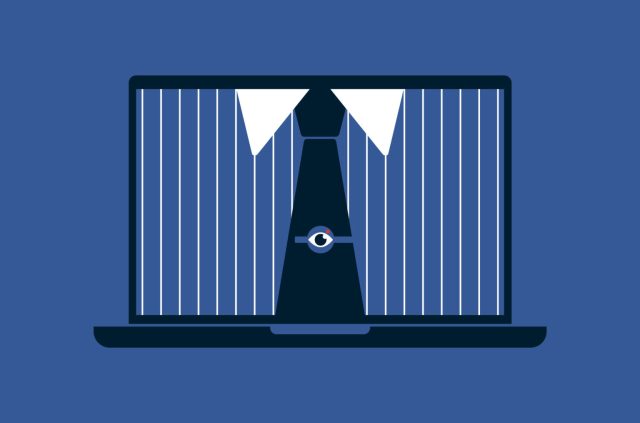
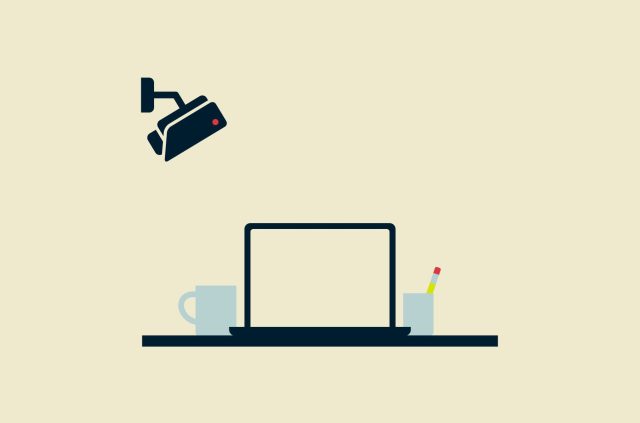




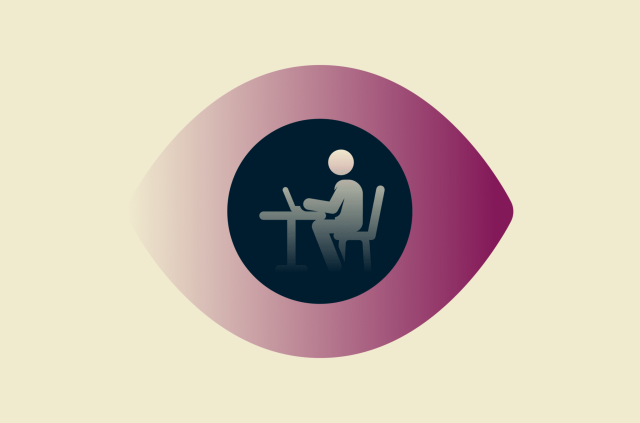

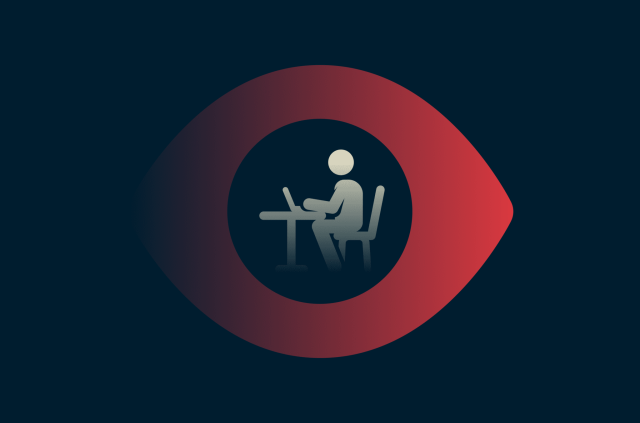



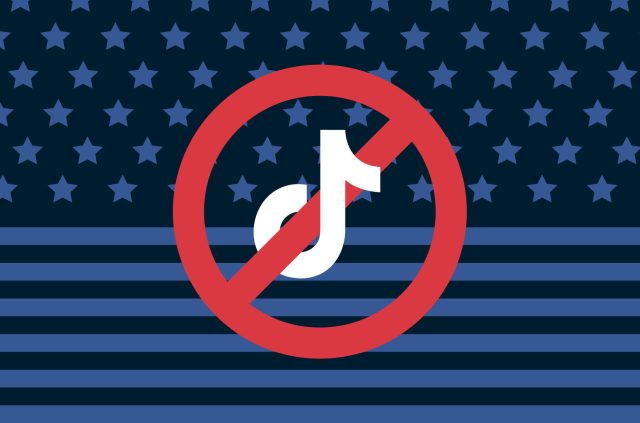





Comments
I'd understand if the company is trying to protect its interest but indulging in such activity without my consent made me resentful. I just realized my previous company did such things too. They broke several privacy laws in the Philippines.
I personally feel employee monitoring is a breach of trust. If you don't trust somebody why do you really employ him in the first place. However, I do agree that workplace productivity is an important consideration for employers as they decide on monitoring tools. Yet, in today's uncertain business scenario, these practices may have an impact on the mental well-being. If employers are concerned about gaining trust, they must be trustworthy in the first place.